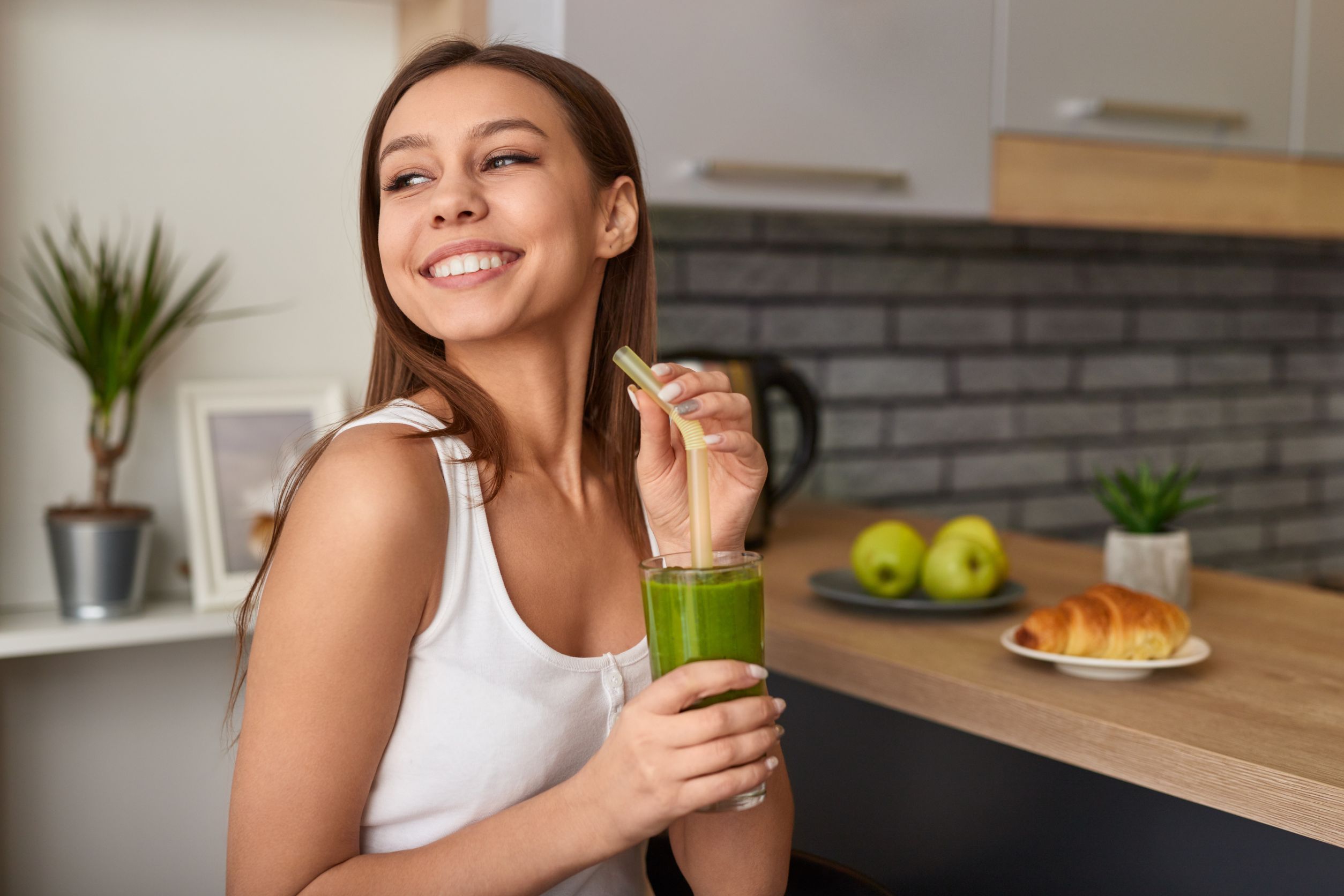
Canva
It seems like every day, there’s a new health trend popping up on social media that promises miraculous results. While it’s great to see Gen Z taking an interest in health and wellness, not all trends are created equal. In fact, some popular fads might be doing more harm than good. Let’s dive into 15 health crazes that are getting tons of hype online but have doctors raising their eyebrows.
1. Extreme Juice Cleanses
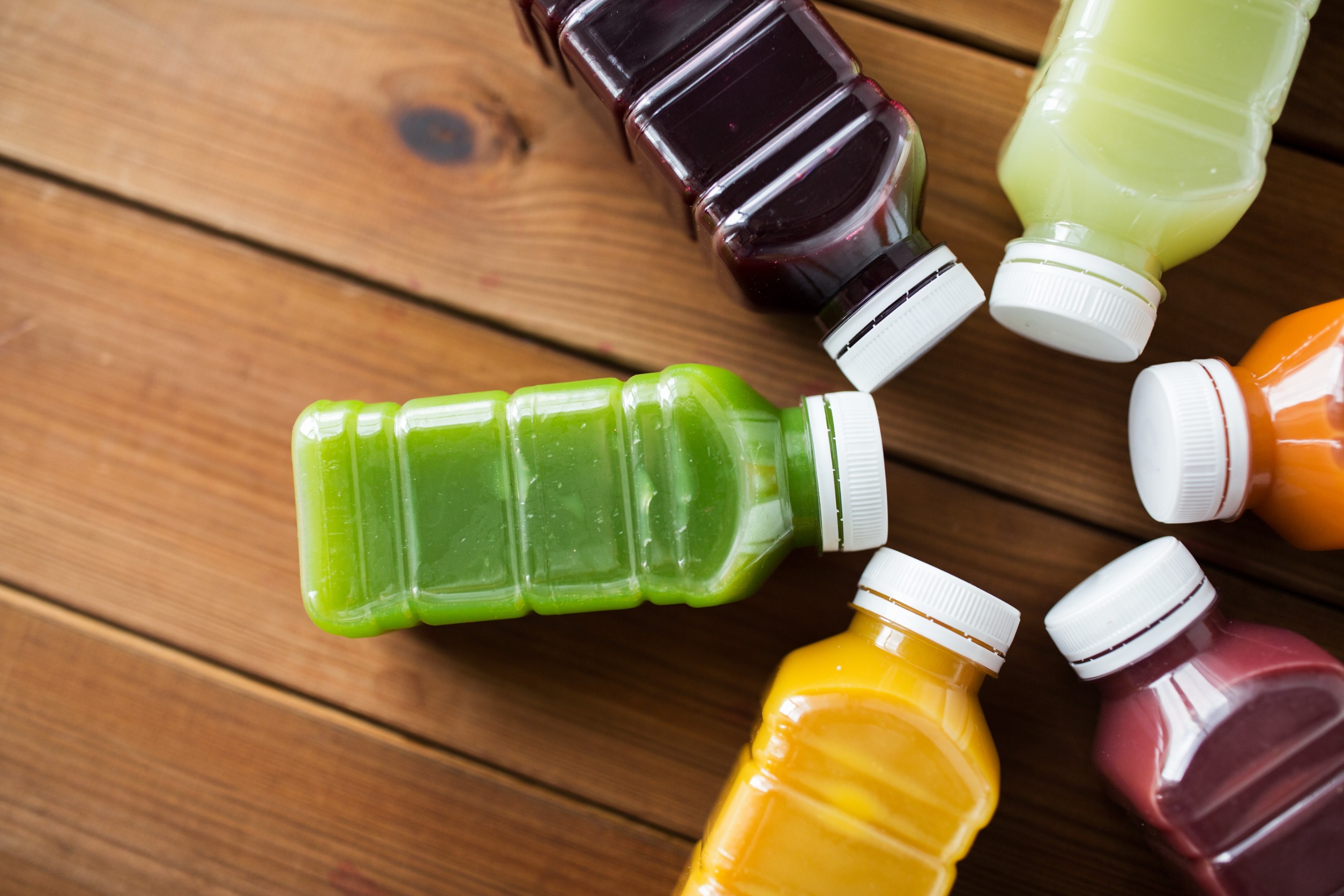
123rf
Juice cleanses involve drinking only fruit and vegetable juices for several days in a row to “detox” the body. While it sounds refreshing, doctors warn that these extreme cleanses lack essential proteins and fats. They can lead to muscle loss, fatigue, and a yo-yo effect on weight. Plus, your liver and kidneys naturally detox your body every day, so these cleanses aren’t as necessary as they might seem. Constantly subjecting your body to these drastic changes can disrupt your metabolism and overall health.
2. DIY Intravenous Vitamin Drips
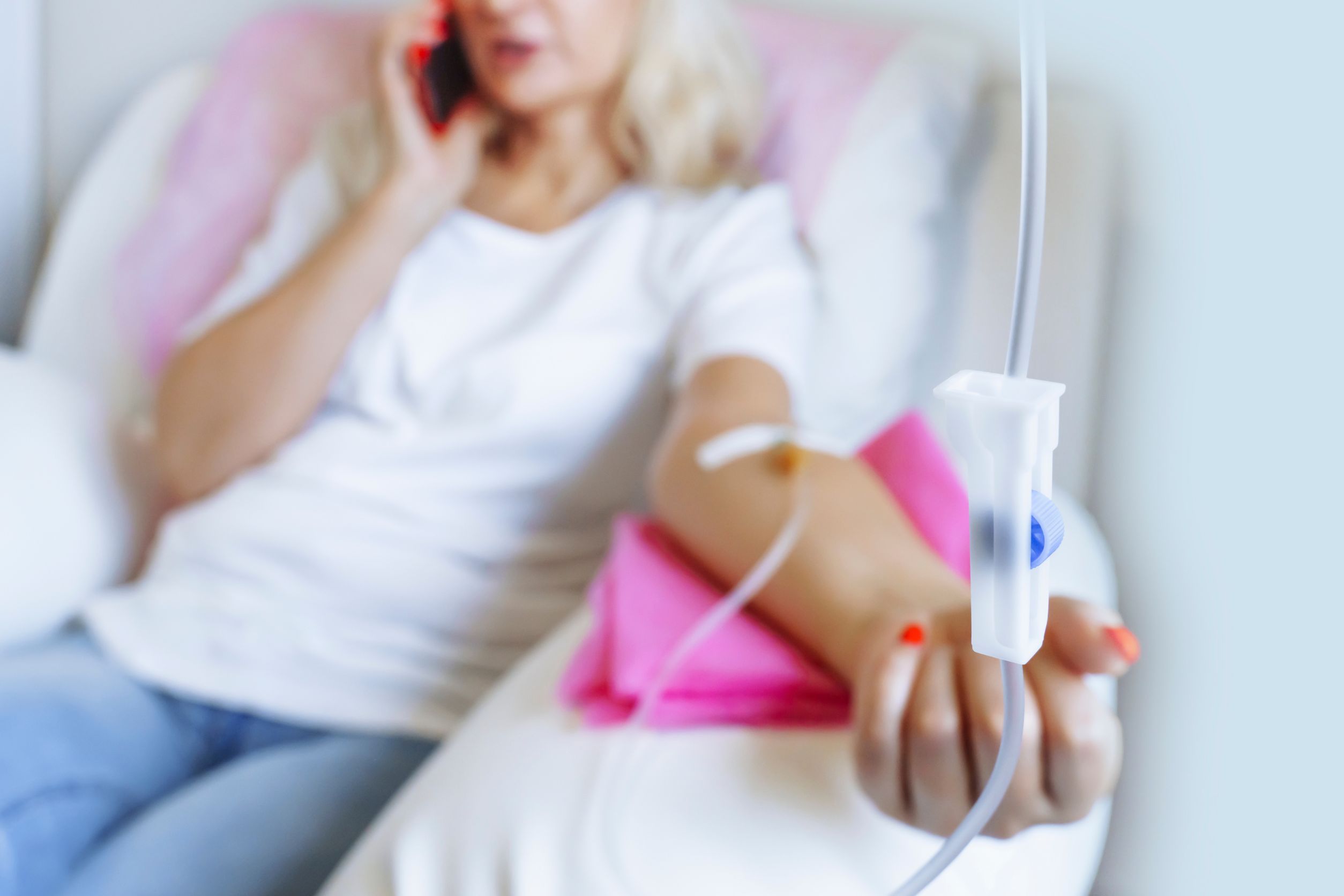
Canva
Popular among celebrities and influencers, DIY IV vitamin drips claim to boost everything from your immune system to your skin glow. However, these at-home kits can be risky. Using IV drips without medical supervision might lead to infections, vein damage, or even worse, dosage errors. Vitamins are best absorbed through food, and most people don’t need an IV unless medically advised. Doctors definitely caution against turning your living room into a makeshift clinic.
3. Activated Charcoal Detoxes

Canva
Activated charcoal is touted for its ability to bind toxins and cleanse your body. Sounds cool, right? But, ingesting charcoal regularly can also bind beneficial nutrients and medications, making them less effective. It can lead to gastrointestinal problems and nutritional deficiencies if used frequently. While it’s okay for occasional use in medical emergencies, making it a regular part of your diet isn’t advisable.
4. Essential Oils for Everything
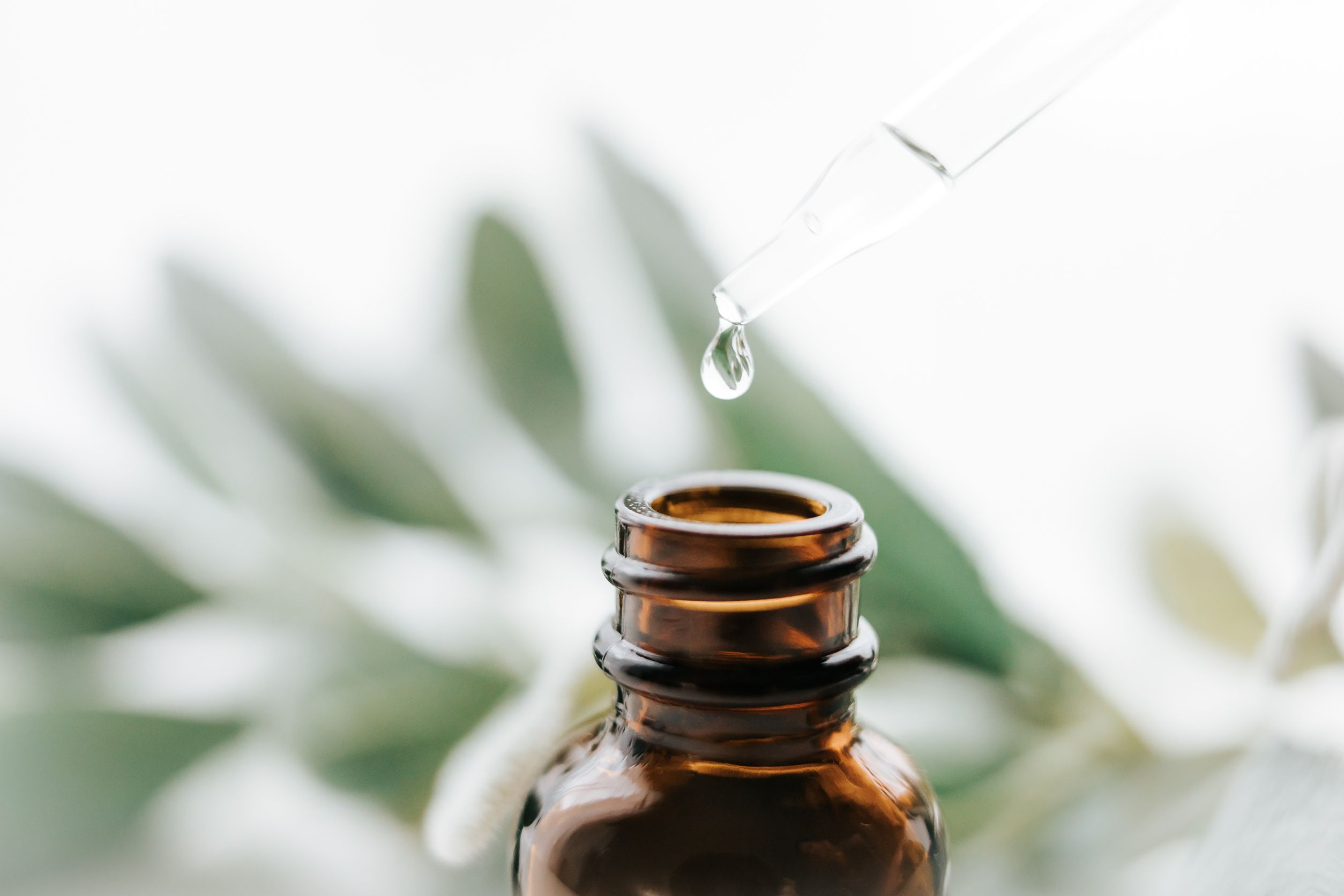
Canva
Essential oils are a big hit for their natural healing properties. Whether it’s for anxiety, headaches, or even hormonal imbalances, there’s an oil for that. However, doctors warn against using them as a replacement for conventional medicine. Some oils can cause severe skin irritations or allergic reactions when not used correctly. They should complement treatment, not replace evidence-based medical therapies.
5. Sunscreen Skipping for Vitamin D

Canva
We all need vitamin D, and sunlight is a great source. But skipping sunscreen to get more vitamin D is a dangerous trade. Prolonged exposure without protection increases the risk of skin cancer. Doctors recommend using sunscreen and getting vitamin D from your diet or supplements instead. It’s important to balance sun exposure with skin protection.
6. High-Intensity Fasting
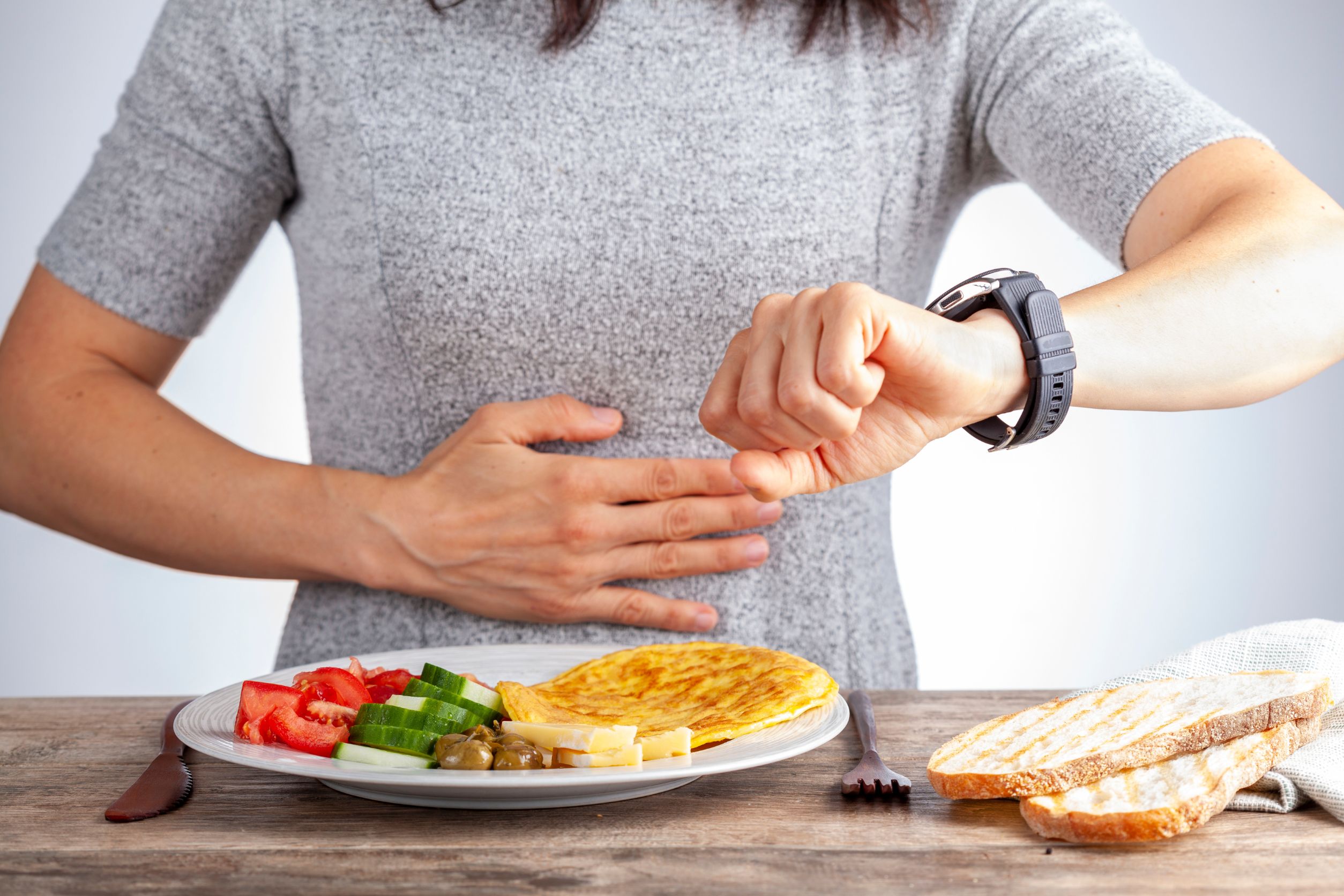
Canva
Intermittent fasting has its benefits, but extreme fasting regimens are cropping up that push the limits. Some involve abstaining from food for days, believing it will reset their systems. However, such long fasting periods can lead to nutrient deficiencies, dehydration, and even cardiac issues. It’s essential to approach fasting cautiously and ideally under guidance if you’re going all in on these longer breaks.
7. The Keto Diet at Extreme Levels
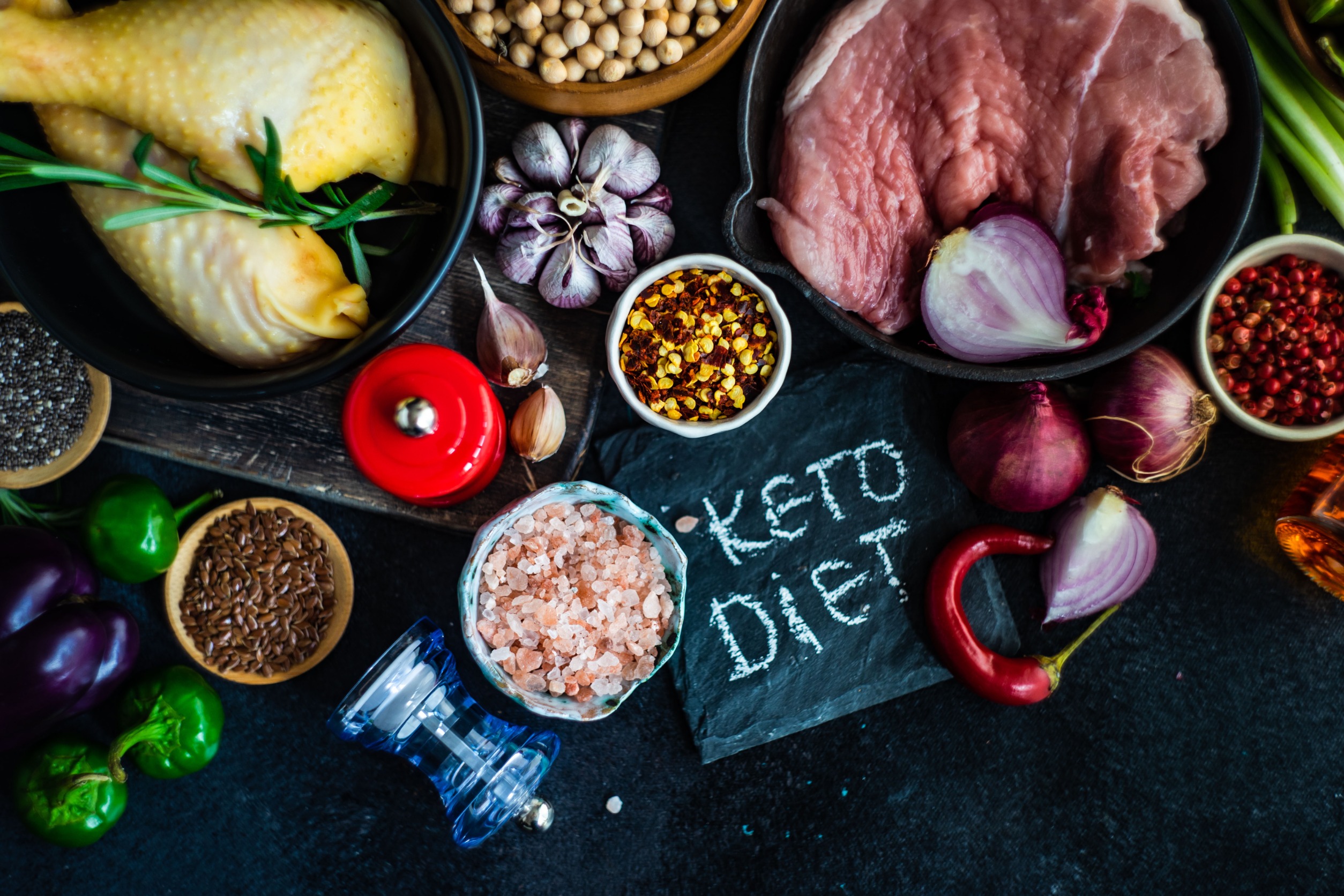
123rf
The ketogenic diet is all about low carbs and high fats. It’s gained a following for weight loss and energy boosts, but extreme keto can lead to problems. Severely restricting carbs can cause headaches, fatigue, and nutritional deficiencies. Long-term, it can also stress the kidneys and liver. Balance is key in any diet, and cutting out an entire food group can lead to more harm than good.
8. TikTok Fitness Challenges
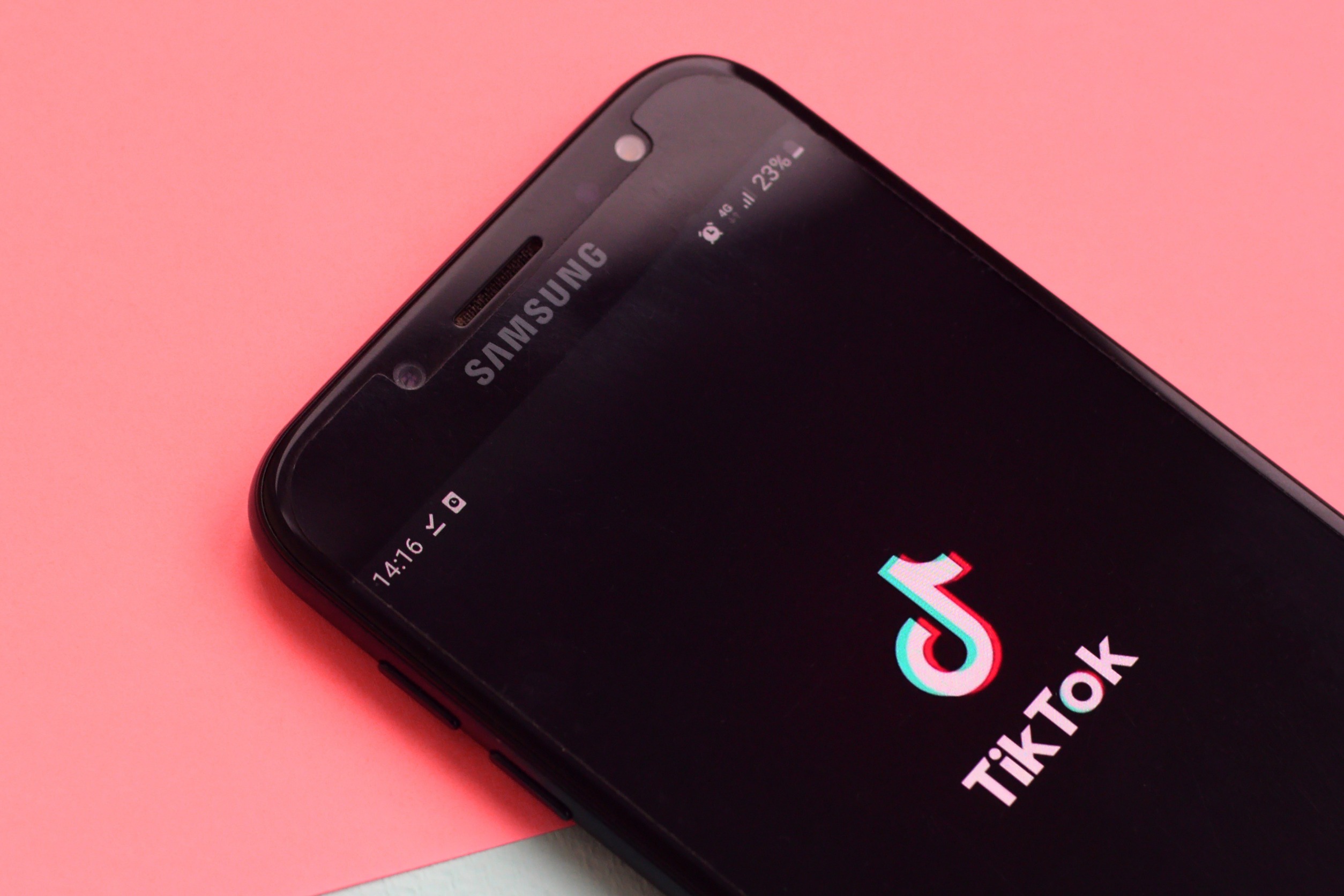
123rf
It’s fun to join in on viral fitness challenges that pop up on TikTok. However, jumping into intense workouts without proper form or preparation can lead to injuries. Not all exercises are suitable for every fitness level, and some challenges can be outright dangerous. Fitness should be about gradual progression and safety, not instant virality and risking your health.
9. Raw Water
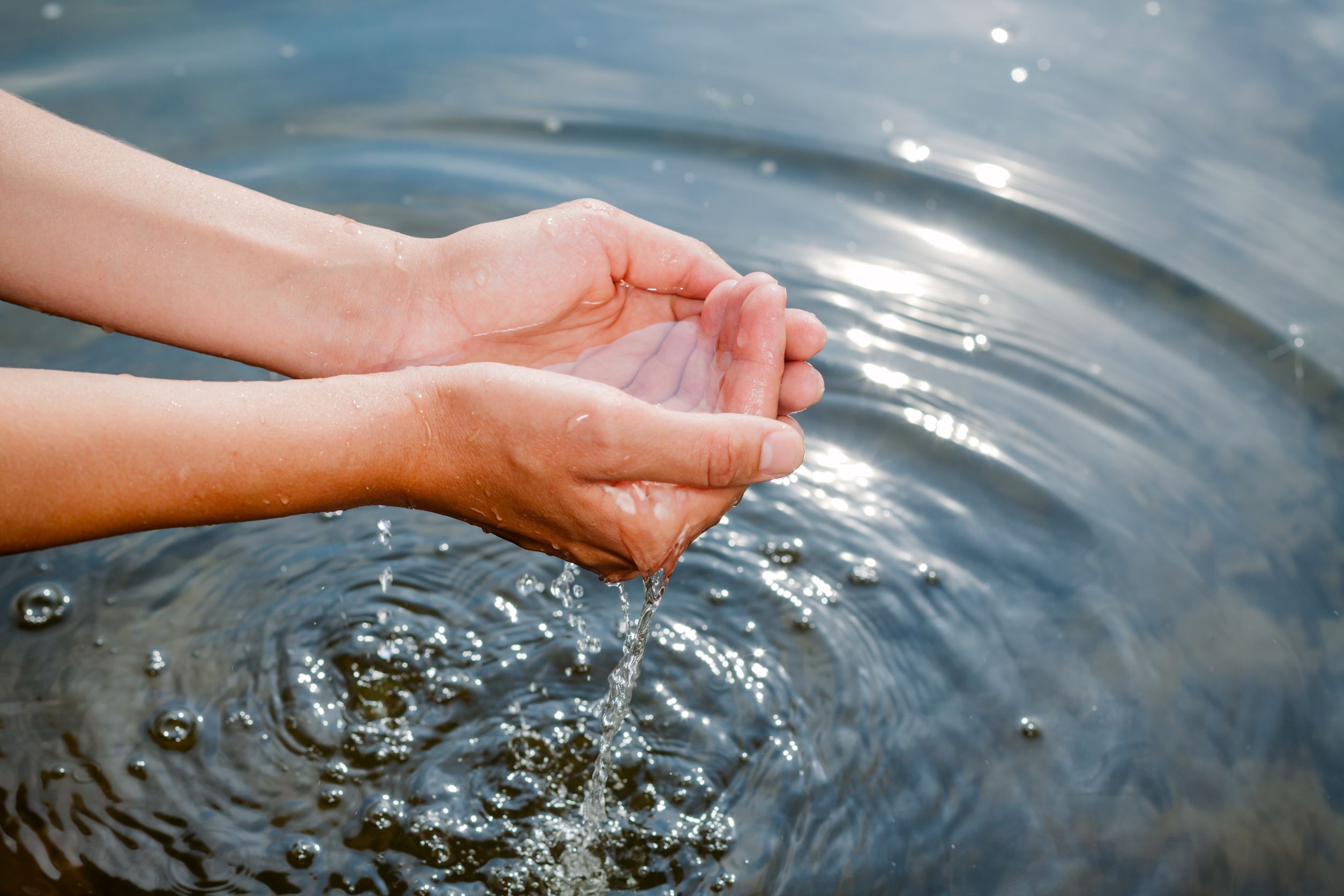
Canva
Drinking “raw” or unfiltered water is a new trend that claims to offer health benefits by preserving natural minerals. However, this practice can expose you to bacteria, viruses, and parasites that are typically removed during water treatment. Doctors strongly advise against drinking untreated water due to the risk of serious illnesses.
10. Sleep Hacking

Canva
The quest for the perfect sleep has led to a trend called sleep hacking, which involves manipulating your sleep schedule to reduce the hours you spend sleeping. This might sound like a great way to add more hours to your day, but it can seriously mess with your body’s natural rhythms. Sleep deprivation can impair cognitive function, mood, and overall health. It’s best to aim for 7-9 hours of quality sleep a night rather than trying to hack it.
11. Herbal Weight Loss Supplements
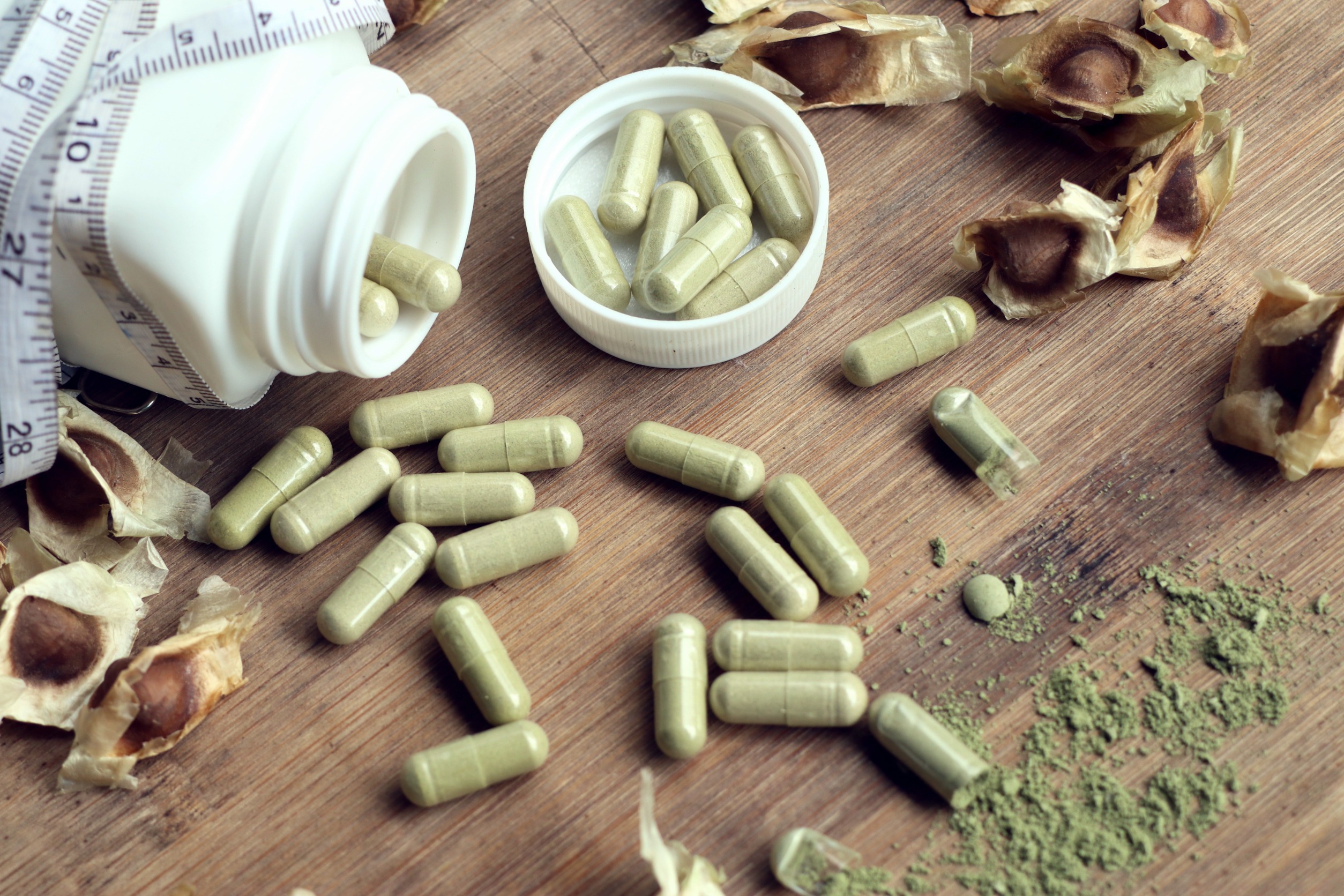
123rf
The allure of quick weight loss solutions brings many to herbal supplements. While some might be harmless, others can have dangerous side effects and interact with medications. The effectiveness of these supplements is often unproven, and they can be a waste of money at best and harmful at worst. Always check with a healthcare provider before starting any new supplement regimen.
12. Overdoing Probiotics

Canva
Probiotics are great for gut health, but more isn’t always better. Some believe that taking high doses of probiotics can quickly fix their gut issues. This can lead to an imbalance in gut bacteria and, sometimes, gastrointestinal distress. Stick to the recommended doses and opt for a diet rich in natural probiotics like yogurt and sauerkraut.
13. Alkaline Diets
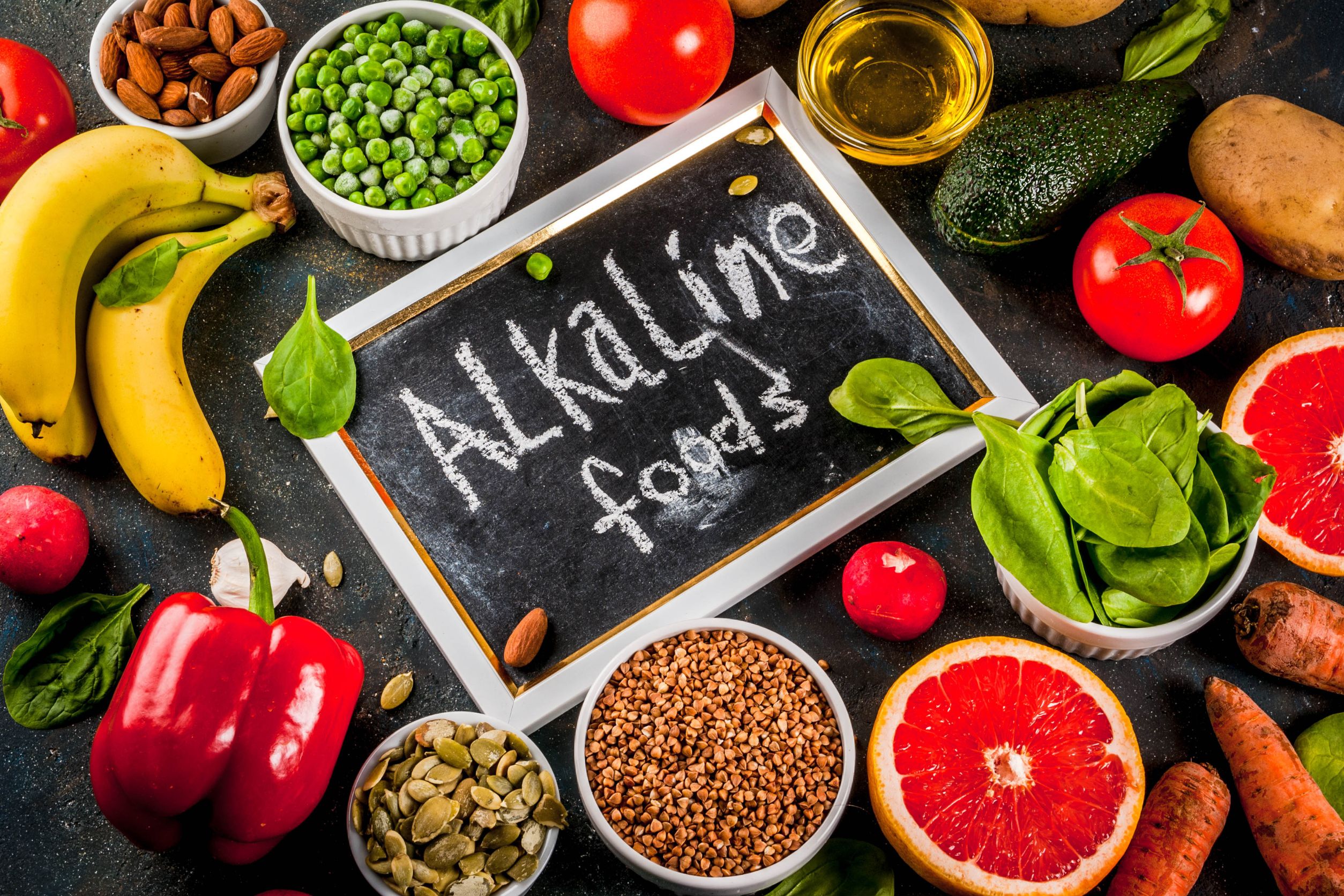
Canva
The alkaline diet is based on the idea that replacing acid-forming foods with alkaline foods can improve your health. However, your body naturally maintains a stable pH, and dietary changes have little effect on this. Overemphasizing alkaline foods can lead to missing out on essential nutrients found in more acidic foods like lean meats and whole grains.
14. Teeth Whitening with Household Products
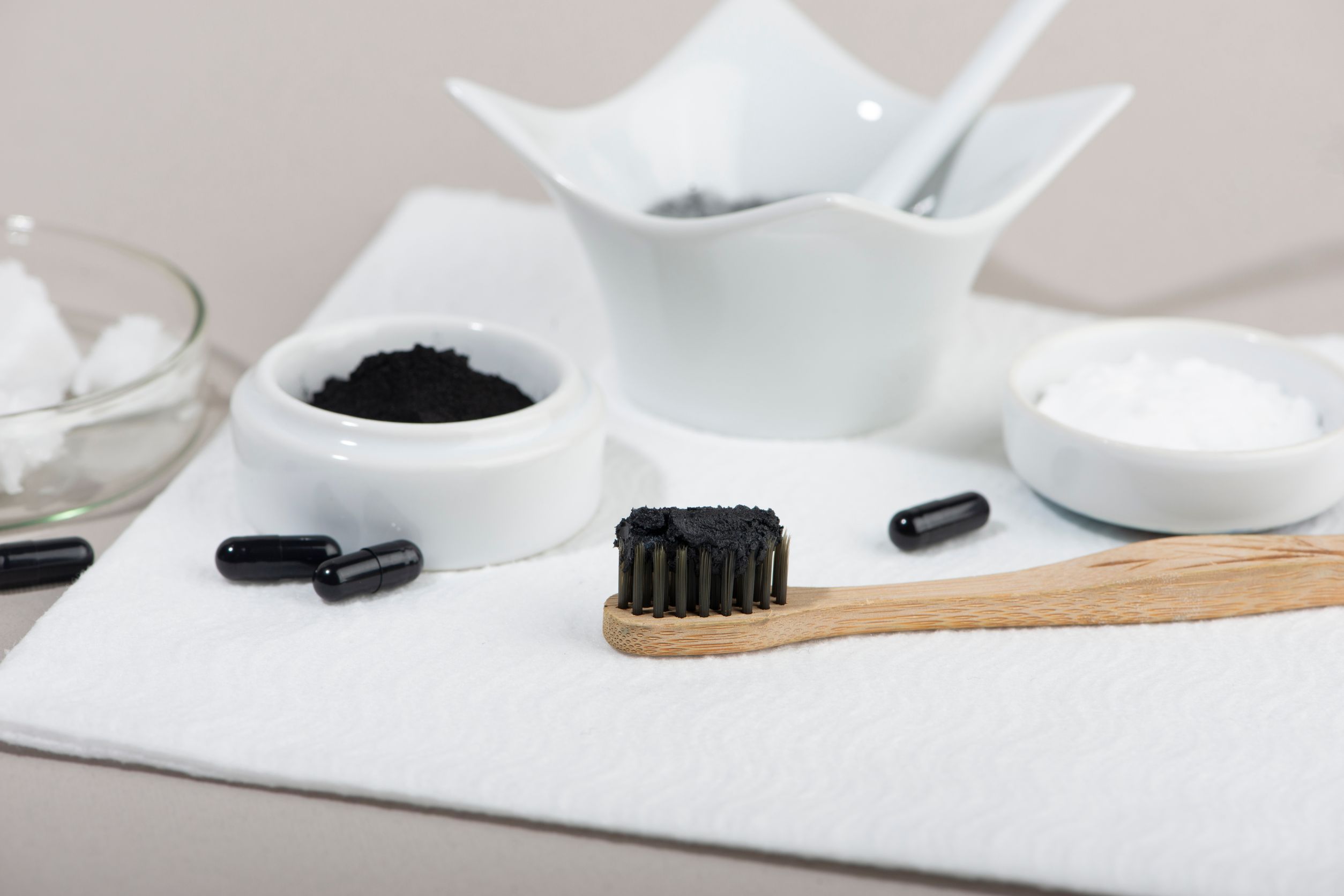
Canva
DIY teeth whitening with baking soda, lemon juice, or charcoal has become popular online. While it might seem like a cost-effective solution, these methods can wear away enamel and lead to long-term dental issues. It’s safer and more effective to stick to products that are specifically designed for teeth whitening and approved by dental professionals.
15. Digital Detoxes to the Extreme
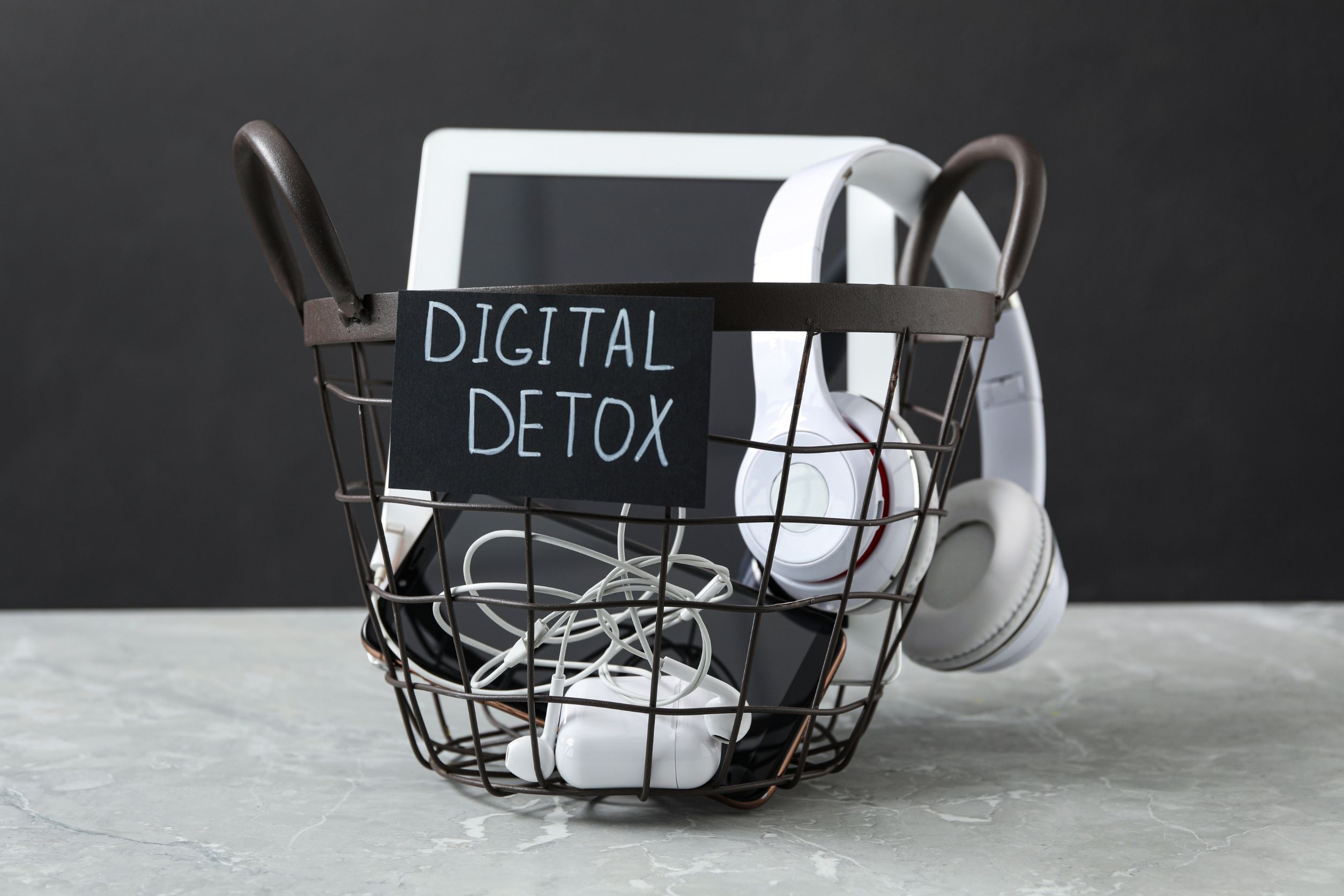
Canva
In an attempt to escape digital overload, some opt for extreme digital detoxes, cutting off all digital communication for extended periods. While taking breaks from digital devices is healthy, doing so abruptly and for too long can disrupt daily responsibilities and stress relationships. Moderation is key, and finding a balanced approach to technology use is healthier in the long run.
Keeping It Real: Balancing Health Hype and Facts
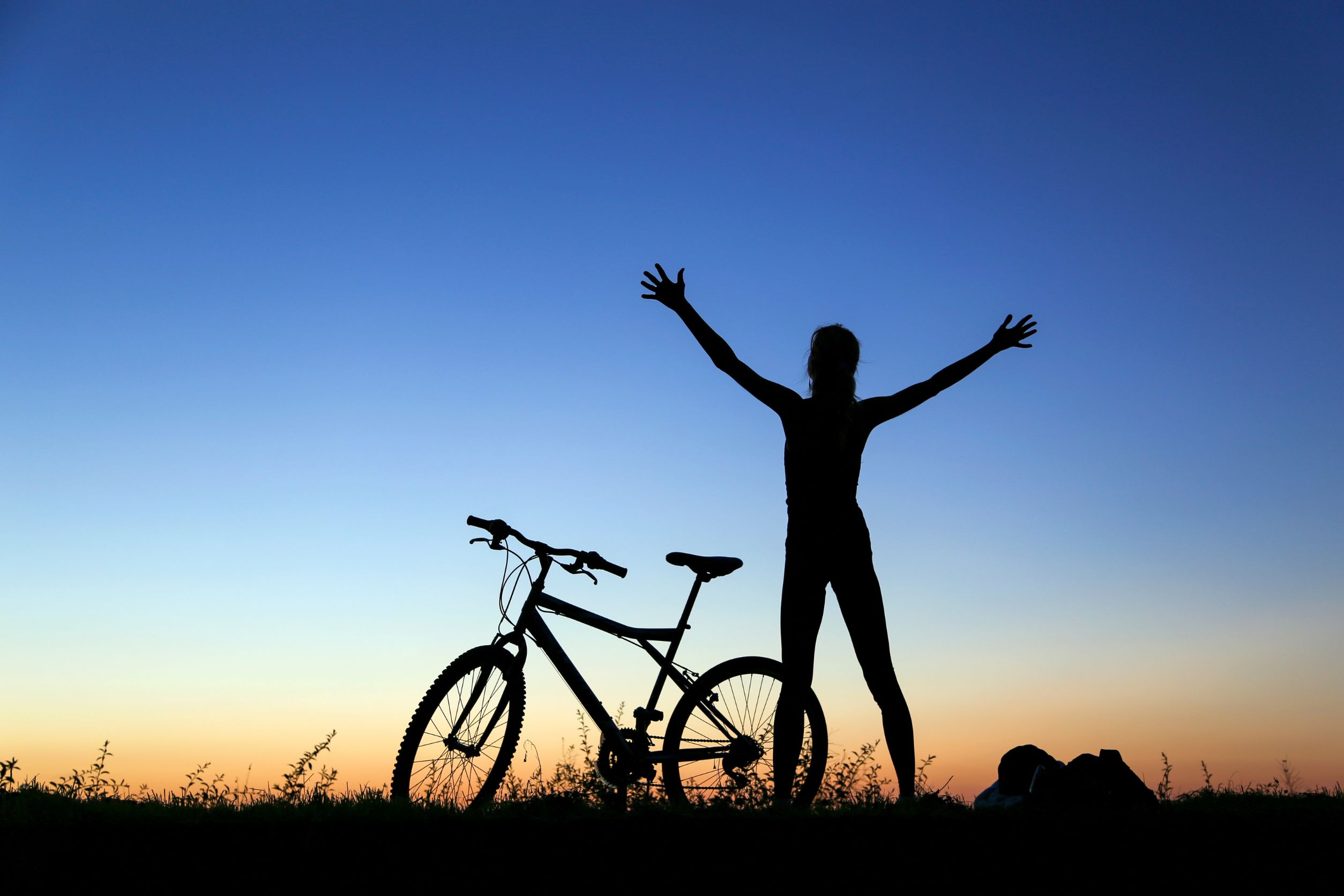
Canva
Navigating the world of health trends can feel like walking through a minefield of misinformation. While it’s exciting to explore new practices, it’s crucial to approach them with a healthy dose of skepticism and consult healthcare professionals. Remember, just because something is trending doesn’t mean it’s beneficial. Stay informed, stay safe, and here’s to your health done right!
